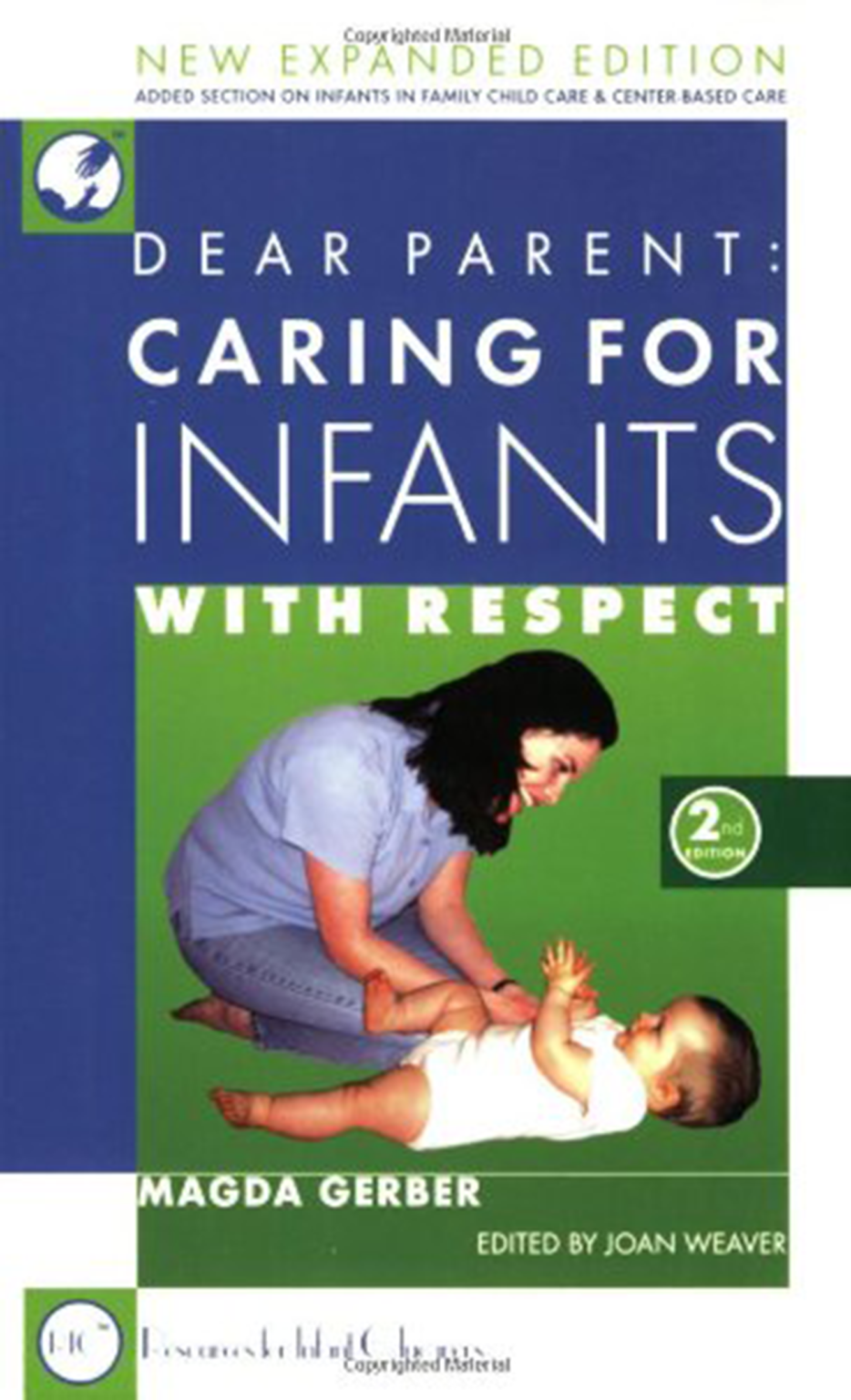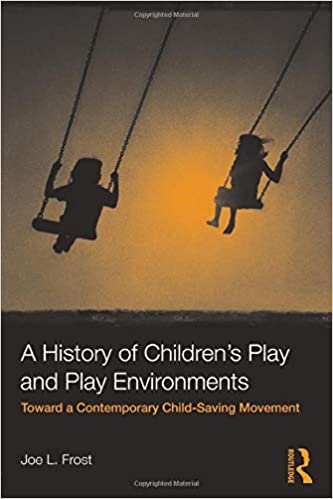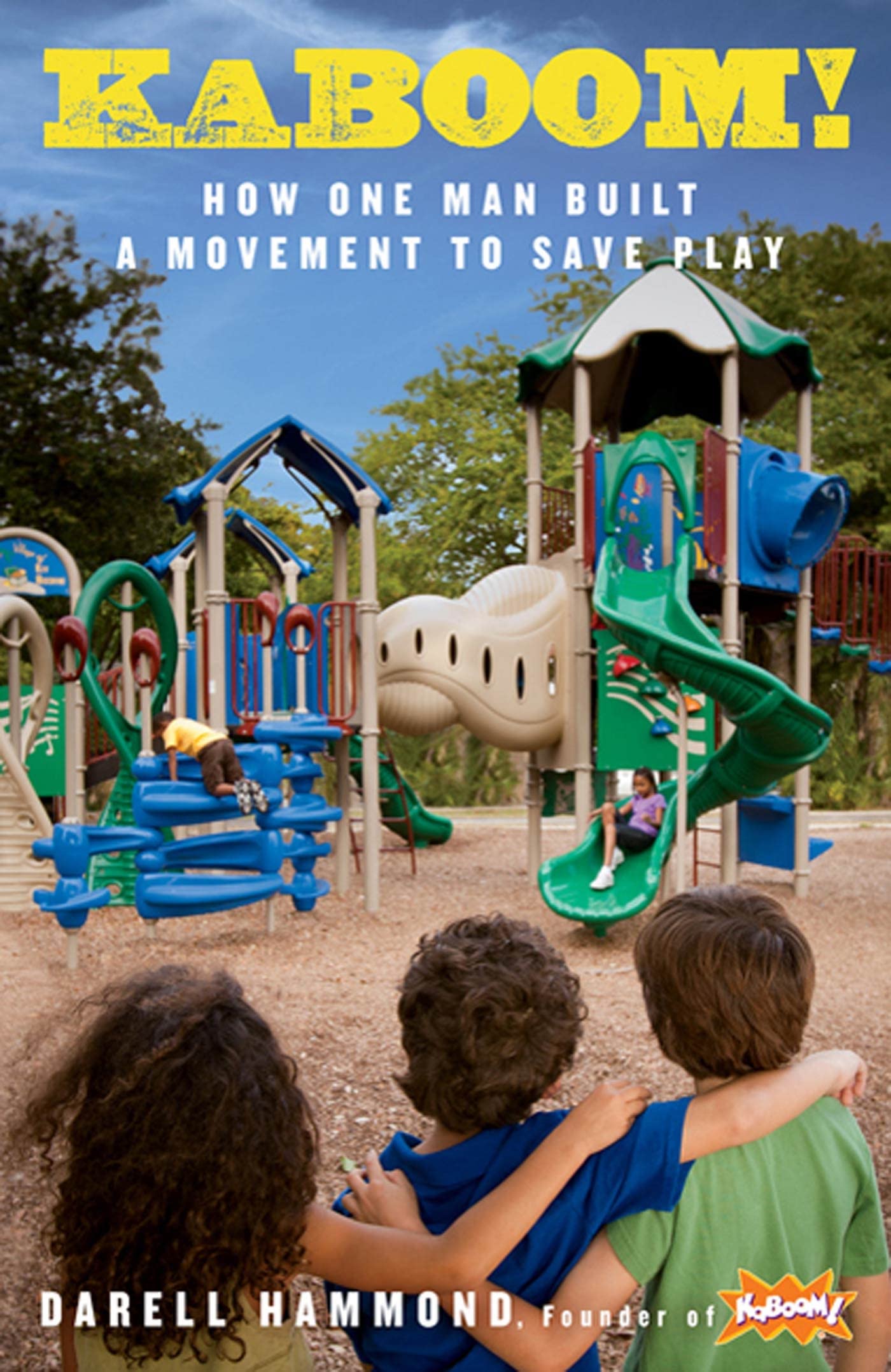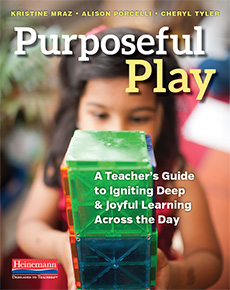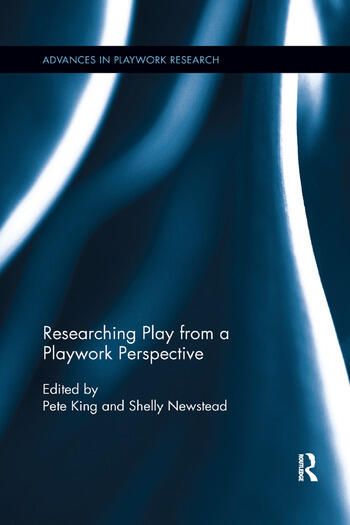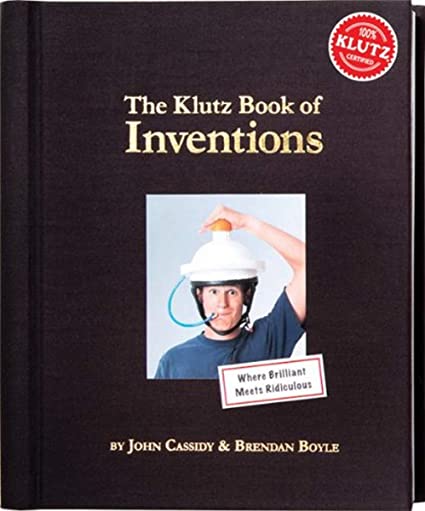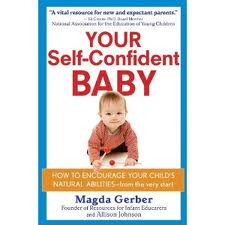From a leading expert, a groundbreaking book on the science of play, and its essential role in fueling our happiness and intelligence throughout our lives. We've all seen the happiness on the face of a child while playing in the school yard. Or the blissful abandon of a golden retriever...
More Self-Reliant
and Better Students for Life" "A leading expert in childhood development makes the case for why self-directed learning -- ""unschooling"" -- is the best way to get kids to learn.
Play = Learning: How Play Motivates and Enhances Children’s Cognitive and Social-Emotional Growth
Why is it that the best and brightest of our children are arriving at college too burned out to profit from the smorgasbord of intellectual delights that they are offered? Why is it that some preschools and kindergartens have a majority of children struggling to master cognitive tasks that are...
Einstein Never Used Flash Cards: How Our Children Really Learn–and Why They Need to Play More and Memorize Less
In Einstein Never Used Flashcards highly credentialed child psychologists, Kathy Hirsh-Pasek, Ph.D., and Roberta Michnick Golinkoff, Ph.D., with Diane Eyer, Ph.D., offer a compelling indictment of the growing trend toward accelerated learning. It’s a message that stressed-out parents are craving to hear: Letting tots learn through play is not only...
The Wisdom of Play – How Children Learn to Make Sense of the World
A very short, free booklet that concisely covers the importance of play in childhood. Contains sections by leading experts on play and child development. Click the publisher link to download a PDF of the booklet.
The Recess Project Changemaker’s Guide – Blueprints for a new way to do recess
The Resources Project works with schools to support meaningful, inclusive opportunities for social connection, mindfulness, creativity, and all kinds of play. Their award-winning, evidence-based Recess Project Changemaker's Guide was designed to disrupt the outdated routines and replace them with healthy, inclusive and compassionate interactions. It is the product of a...
Children and Play in the Holocaust: Games Among the Shadows
Occasionally an accident of research produces a book more engaging than the one the historian originally intended. While sifting through material for his Ph.D. dissertation, which dealt with an entirely different topic, Eisen came across a diary from the Vilna ghetto written by Zelig Kalmanovitch. His tone was sober, but...
Children at Play: An American History
A chronological history of children's playtime over the last 200 years If you believe the experts, “child’s play”; is serious business. From sociologists to psychologists and from anthropologists to social critics, writers have produced mountains of books about the meaning and importance of play. But what do we know about...
this book is a helpful and reassuring resource for parents of new babies and growing infants. It also includes chapters on applying Educaring® principles in group care settings. Short chapters make it easy to read and find information about life with newborns and later developmental stages of infancy.” 3/16/2022 17:16 NIFP-Pavan 9.78189E+12 Magda Gerber 1998 200 https://rie.org/product/dear-parent/ Resources for Infant Educarers
Escape From Childhood: The Needs and Rights of Children
This is a reprint of John Holt's controversial book about the rights of children and how adults and children can live and learn together more enjoyably and transparently by rethinking their relationships. Under the guise of care and protection, children are kept in the walled garden of childhood, outside the...
History of Children’s Play and Play Environments – Toward a Contemporary Child-Saving Movement
Forward by Stuart Brown MD Children’s play throughout history has been free, spontaneous, and intertwined with work, set in the playgrounds of the fields, streams, and barnyards. Children in cities enjoyed similar forms of play but their playgrounds were the vacant lands and parks. Today, children have become increasingly inactive,...
KaBOOM! How One Man Built a Movement to Save Play
Forward by Stuart Brown KaBOOM! is the powerful, uplifting journey of a man who grew up in a group home with his seven brothers and sisters and went on to build a world-class nonprofit that harnesses the power of community to improve the lives of children. In 1995, Darell Hammond...
Learning All the Time
The essence of John Holt’s insight into learning and small children is captured in Learning All The Time. This delightful book by the influential author of How Children Fail and How Children Learn shows how children learn to read, write, and count in their everyday life at home and how...
Play and Creativity in Psychotherapy
Includes Chapter 2 - A Closer Look at Play - by Dr. Stuart Brown and Madelyn Eberle Distinguished clinicians demonstrate how play and creativity have everything to do with the deepest healing, growth, and personal transformation. Through play, as children, we learn the rules and relationships of culture and expand...
Farese implores us to protect the right of all children to dive into the primordial soup of free play
a key to a healthy life for us all." 3/16/2022 17:15 NIFP-Pavan 9.78174E+12 Nancy Farese 2021 144 https://www.mweditions.com/potentialspace/ MW Editions
Purposeful Play – A Teacher’s Guide to Igniting Deep and Joyful Learning Across the Day
Play is serious business. Whether it’s reenacting a favorite book (comprehension and close reading), negotiating the rules for a game (speaking and listening), or collaborating over building blocks (college and career readiness and STEM), Kristi Mraz, Alison Porcelli, and Cheryl Tyler see every day how play helps students reach standards...
Researching Play from a Playwork Perspective
Researching Play from a Playwork Perspective will appeal to researchers and students around the world working in the fields of playwork, childcare, early years, education, psychology and children’s rights. It should also be of interest to practitioners in a wide variety of professional contexts, including childcare and therapy. Play is...
sparking the intellect with undeniable
inspirational valor.
The Self Respecting Child – Development Through Spontaneous Play
This classic study of the spontaneous play of young children combines vivid and delightful observations with profoundly important insights. Alison Stallibrass, an expert on children's play and the mother of five children, makes clear the importance of uninhibited games and activities, without adult interference, in building a child's skill, judgment,...
Your Self-Confident Baby How to Encourage Your Child’s Natural Abilities — From the Very Start
Respect. Honor. Esteem. These words aren’t usually associated with young babies. Yet it is widely agreed that these concepts are vital later in life. A child’s personality is largely formed in the first three years. Her outlook on the world is being shaped. Why not engage in a respectful relationship...


